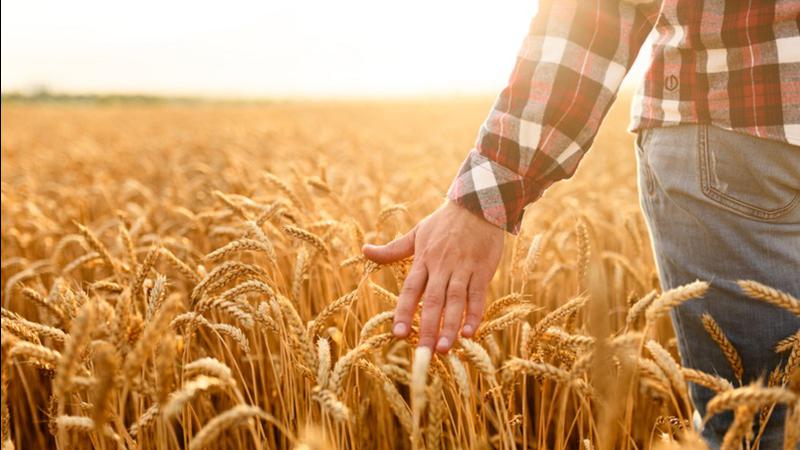
Agriculture Roundup for Wednesday February 2, 2022
MELFORT, Sask. — The Canada Organic Trade Association (COTA) will look for ways to promote organic products.
The $770,000 from the Canadian Agricultural Partnership’s AgriMarketing Program will be used to create domestic and international export opportunities and promote the “Canada Organic” brand. This includes the development of market activities at major food shows in Germany and the United States with additional activities related to market accessibility and technical assessments.
COTA has developed a four-module retailer training program as well as a webinar training series on how to become export ready. It will also expand the training program to deliver sessions virtually as well as in-person to a wide stakeholder audience.
In the first two years of the program COTA has trained over 600 participants from 300 companies with estimated related sales close to $1.7 million.


